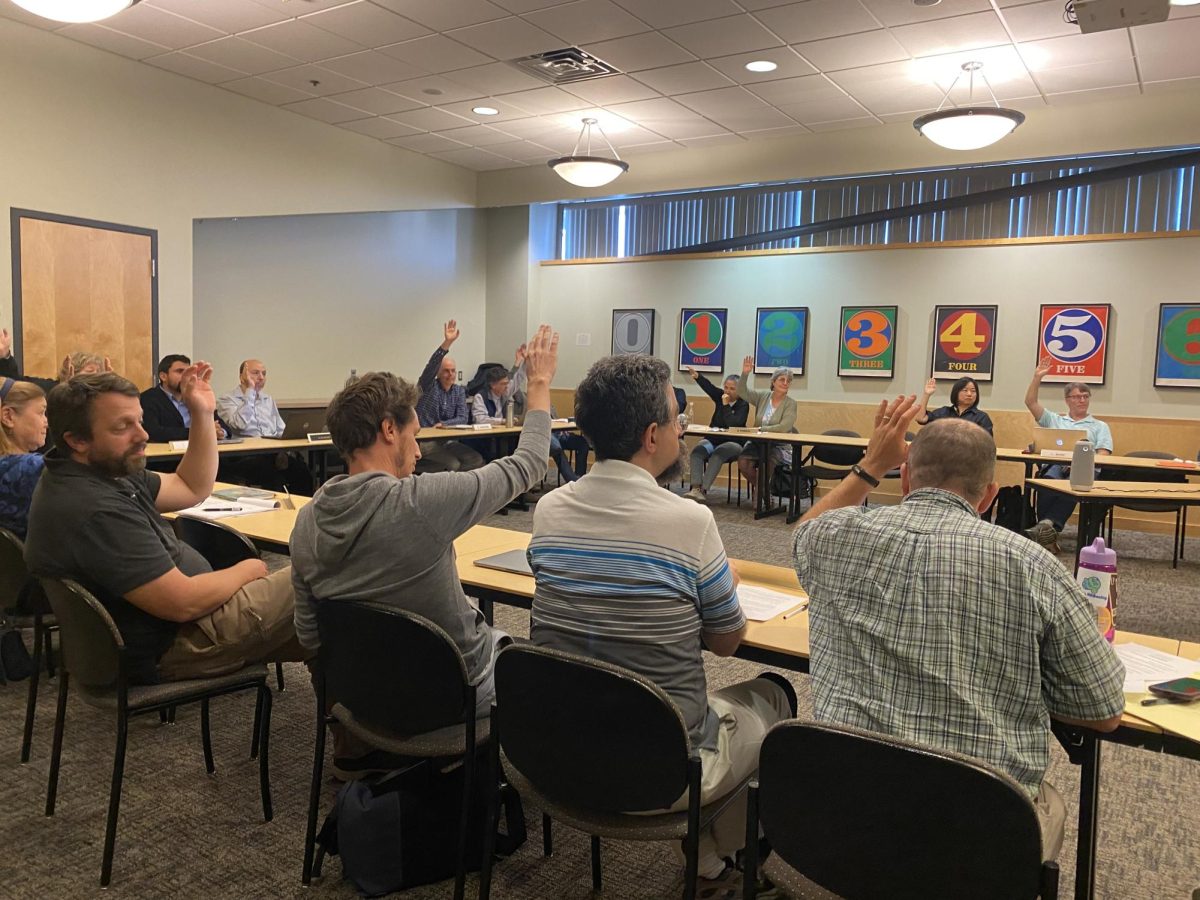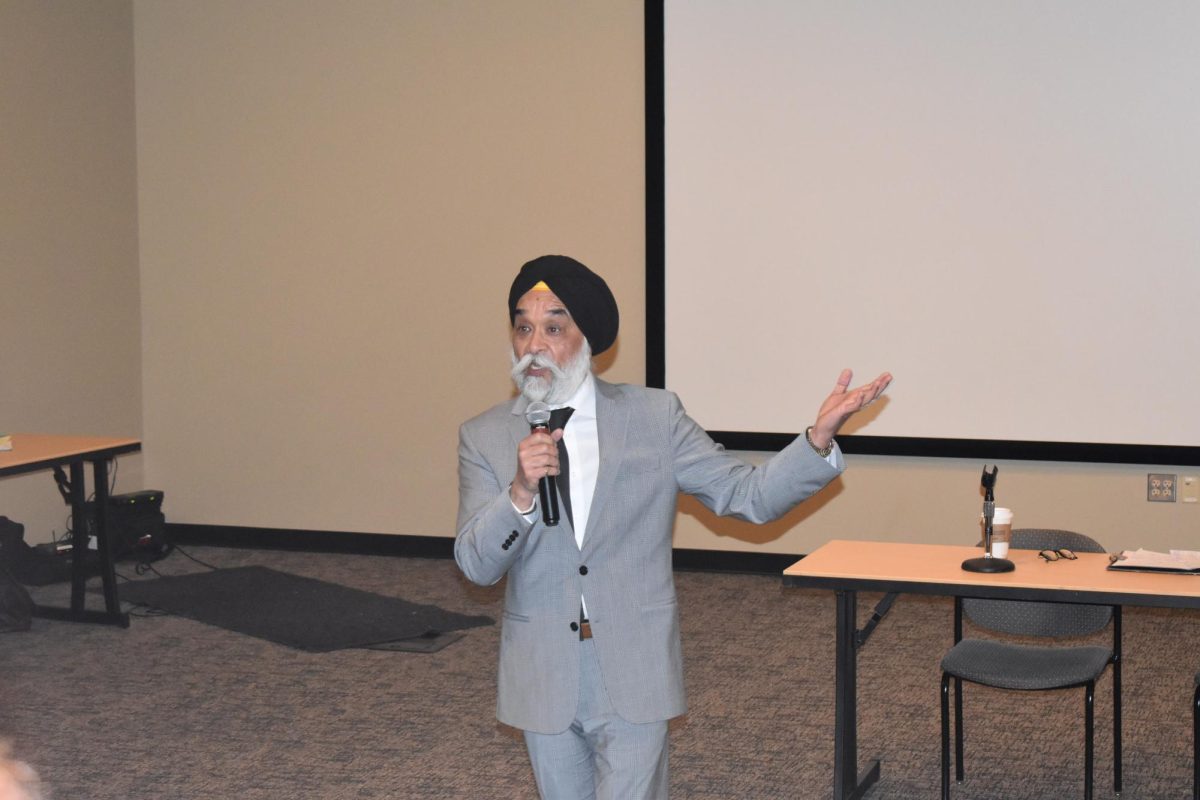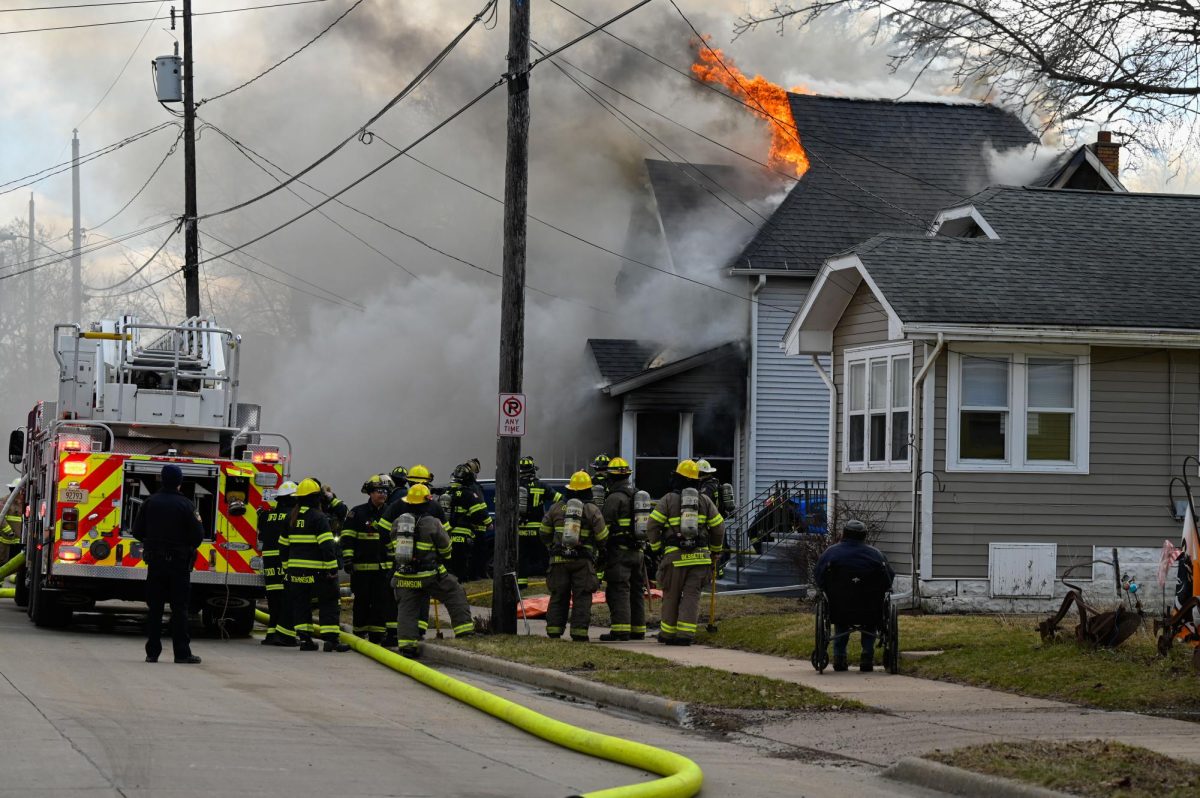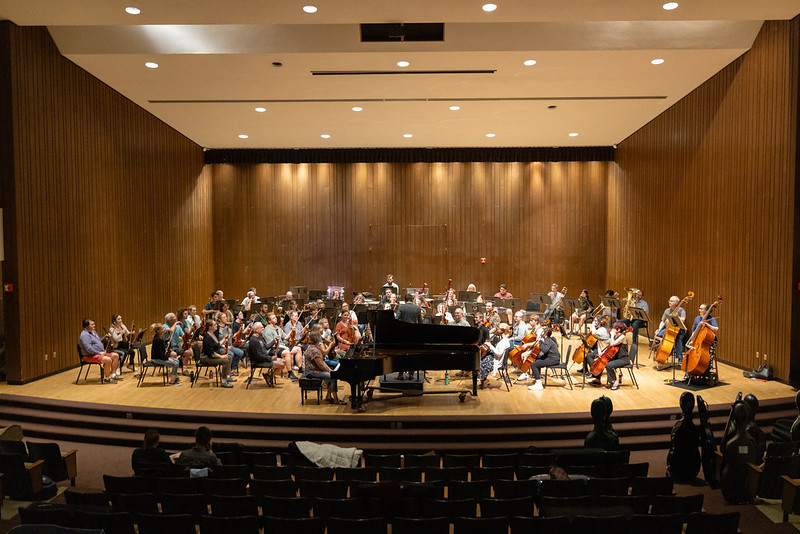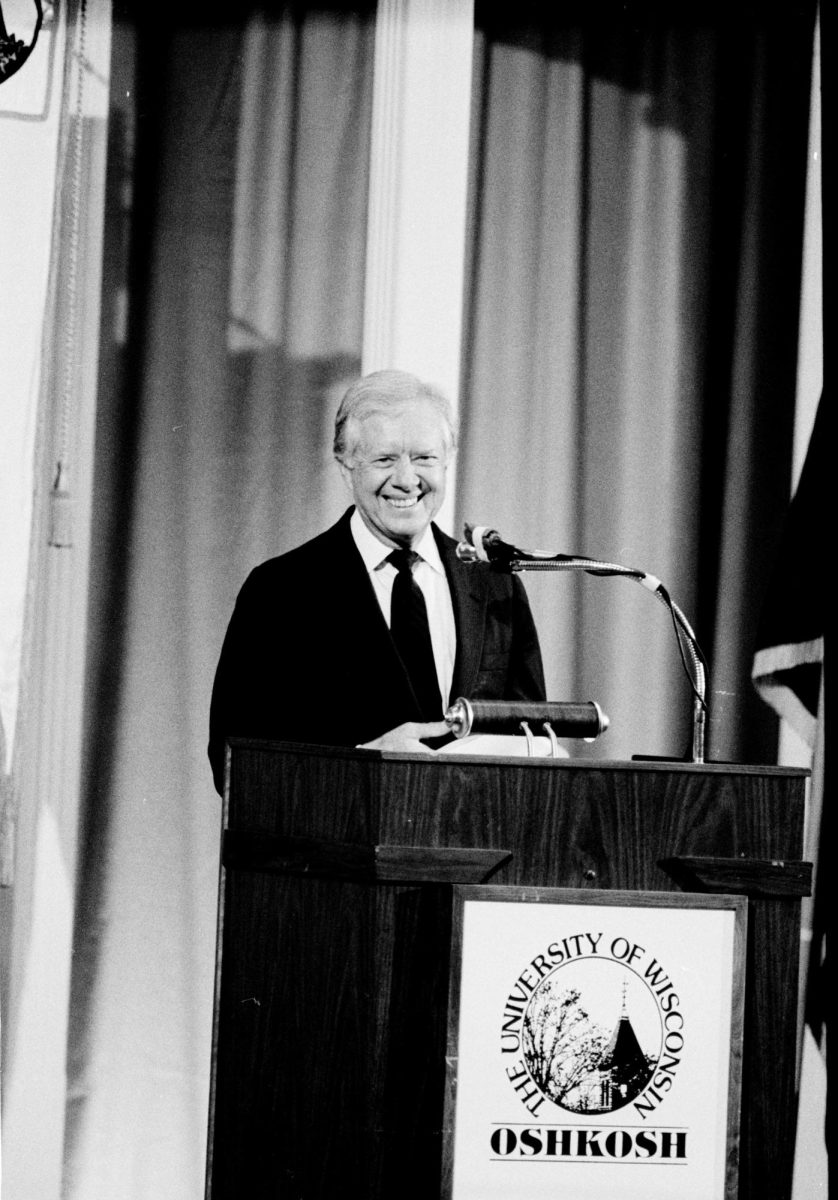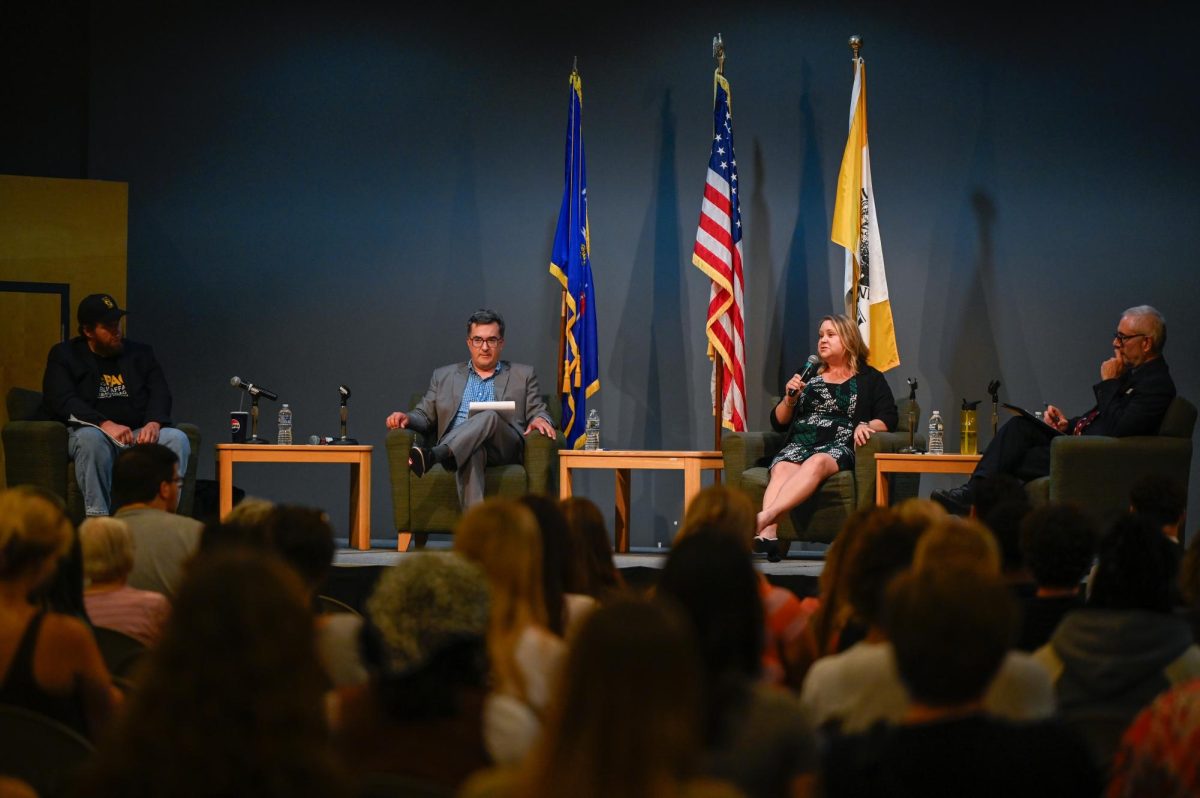The UW Oshkosh Faculty Senate voted unanimously to endorse a document of expectations for Chancellor Andrew Leavitt and Provost Edwin Martini.
The vote was not on the meeting agenda, but the Faculty Senate passed a motion to elevate it to an action item at their late Tuesday afternoon meeting.
The document outlines requests from faculty in the hope of “rebuilding a basic level of trust between the Administration and UW Oshkosh and its faculty and staff,” including transparency about faculty working conditions and clear budgetary information.
The document also calls for upper administrators to prioritize cuts to administrative positions and salaries over instructional positions, as well as recognize that instructional academic staff are “indispensably necessary to realize a research-enhanced university.” In addition, they document calls for probationary and furloughed faculty to be able to request adjustments to tenure and renewal review periods since increased workloads will limit opportunities to meet existing expectations for scholarship and creative activity.
These requests followed Leavitt’s 2023 convocation speech, which addressed the university’s plan to deal with the $18 million budget deficit and predicted layoffs.
Some senators said they have been frustrated with the university’s inability to provide a desired work environment. They support the document’s request for more shared governance among the university.
“A lot of people feel the university is becoming unrecognizable compared to the university they agreed to work at. A lot of us don’t feel as invested or as included in shaping the future of the institution as we hoped to,” said Stewart Cole, associate professor of English and environmental studies.
Associate professor of social work Jon Hudson said the university has failed to meet his workplace expectations.
“In the past eight and a half years, there has been a single year when the university has found that it was able to meet the stipulations of what I was told the contract was,” Hudson said. “That’s disheartening.”
Another document, which outlines offices the Faculty Senate members deem essential to UWO’s academic mission, was also elevated to an action item and endorsed with a commitment to make amendments and additions as necessary.
While most senators expressed support of the second document, some argued that the list of essential offices was unfinished and needed to be revised before being endorsed.
Chemistry professor Jonathan Gutow said he thought the endorsement should be delayed a week to allow constituents time to give their own input on the document.
“I’ve got lots of people who just officially heard [about the document] this weekend,” he said. “I actually support most of the things, but it’s not the favored list that I have seen. I think this list needs a very careful revamp and it is extremely incomplete.”
Gutow argued the essential offices list was unfinished and should include requests and expectations from facilities staff.
“There are some very key things missing on this list,” he said. “I’ll be blunt, there are only two groups on this campus that you absolutely have to have to keep us from not shutting down, and that’s the people who are teaching and the people who keep our facilities running.”
Other senators said that while the list may be flawed, it’s crucial to act as soon as possible.
“I think we have to move,” environmental studies and history professor Jim Feldman said. “It’s not perfect, but we can make a supplementary statement in two weeks if we need to.”
Mathematics professor Jennifer Szydlik said creating a condensed list of essential offices would be received better than a more exhaustive list.
“We started out and we had so many things on the list, and we thought, ‘Who’s going to listen to us if we list everything as being essential?’” she said. “We had a very short time to ring in on what we thought were things we didn’t want to lose that support academic education.”
Editor’s Note: This story was updated to clarify which comments refer to the the expectations for collaboration document and the essential offices document. The essential offices document was written to address only tose offices that are directly involved in educating and retaining students.


